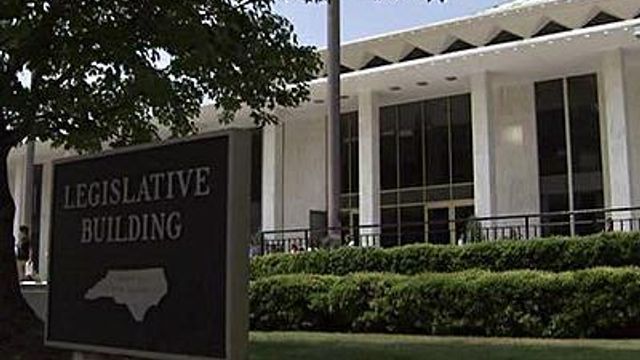Crossover casualties
House and Senate lawmakers passed nearly 200 bills this crossover week. But hundreds more didn't make the deadline.
Posted — UpdatedHere are just some of those which WRAL has reported on over the past few months:
Some bills every session are turned into "studies" after it becomes clear that they lack the support needed to pass. Usually, study bills direct the Legislative Research Commission to look into the issue and offer recommendations by next year's short session.
Neither H711 nor H204 were approved by a chamber, so they didn't technically meet the crossover deadline. However, study bills get a second chance.
At the end of every year, lawmakers put together a "Studies" bill, which is a long list of issues they want research committees to investigate. Study bills that don't make crossover often end up in this omnibus measure.
Two House measures actually failed their votes Wednesday night:
After each unfavorable vote, House leaders used a parliamentary maneuver to "reconsider" the vote, essentially taking it back. The bills were sent back to committees. That move is important because it keeps the bills' subject matter alive.
if a measure is defeated by either chamber, it goes on the "unfavorable" calendar, which means its subject matter cannot be considered again for the rest of session. Reversing the vote and sending the bill back to committee lets the sponsor try again later, usually by adding it into another bill on the same topic.
Copyright 2024 by Capitol Broadcasting Company. All rights reserved. This material may not be published, broadcast, rewritten or redistributed.






